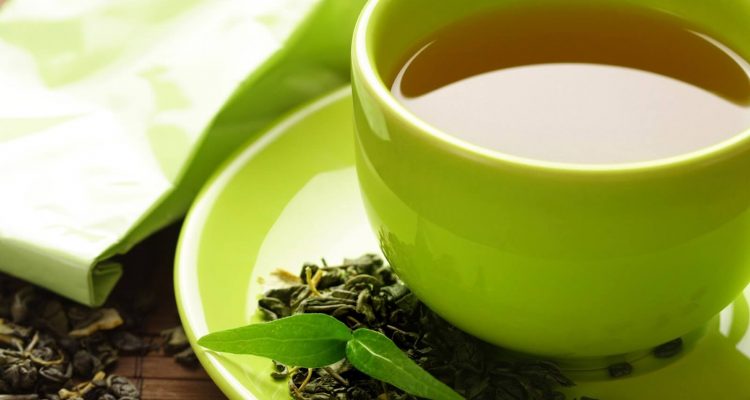
Green tea may reduce the risk of stroke: study results
0
Stroke in both forms – ischemic (cerebral infarction) and hemorrhagic (bleeding in the brain) is one of the main causes of death and disability worldwide. According to Japanese scientists, green tea can reduce the risk of its occurrence by 62%.
In a study conducted by specialists from Osaka University in Suita, they found that this drink is particularly useful in preventing the risk of stroke.
It should be noted that this disease is dangerous not only for the elderly. A quarter of all strokes affect people under the age of 65. These are usually people with high blood pressure or high cholesterol.
Doctors explain that when blood pressure reaches a certain threshold, the probability of blood clots, which can prevent blood flow to the brain, increases. On the other hand, high cholesterol levels contribute to the formation of plaque in the arteries, which can break off and block the vessels leading to the brain.
Thus, preventing the risk of stroke usually results in a reduced risk of both of the above conditions.
>
A study of Japanese stroke survivors found that those who drank at least seven cups of green tea daily had a 62% lower risk of death compared to people who did not drink this hot drink.
Daily consumption of at least seven cups of green tea can reduce the risk of death from stroke by 62%
Experts studied data from more than 46,000 Japanese people aged 40 to 79 years. The sample included people who had suffered a heart attack or stroke, or neither.
Respondents were asked to fill out questionnaires about lifestyle, medical history and diet, including tea and coffee consumption.
The researchers noted that frequent consumption of green tea tends to correlate with high consumption of fish, fruit, and soybeans.
Study author Dr. Hiroyasu, a professor at Japan's Osaka University in Suita, noted: “An important difference is that in Japanese culture green tea is usually prepared by brewing in water and without sugar. The healthiest way to make such a drink is without adding an unnecessary amount of sugar.”
Results of the study show that consumption of green tea leads to a significant reduction in systolic blood pressure and total LDL cholesterol.
However, Japanese scientists have not discovered which aspects of green tea produced these results.
At the same time, according to Harvard Health (USA), the main health-promoting substances contained in tea are polyphenols, especially catechin and epicatechin.
Catechin molecules in green tea have been suggested to help prevent vascular diseases such as stroke through their antioxidant and anti-inflammatory effects. They can usually block the occurrence of conditions such as hypertension.









Leave a Reply